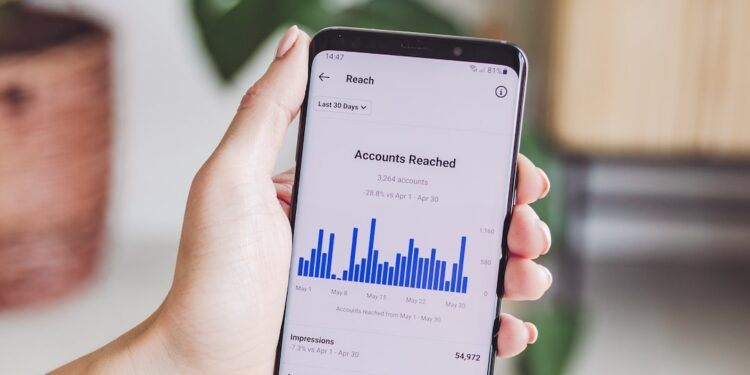The Impact of Social Media on Society
The advent of social media has completely transformed the way we communicate, interact, and make connections with others. Platforms like Facebook, Twitter, Instagram, and LinkedIn have undeniably revolutionized the way information is disseminated and shared. While social media undoubtedly brings numerous benefits, it is essential to examine its impact on society as a whole. In this blog post, we will explore both the positive and negative implications of social media on society.
One of the most significant impacts of social media is the democratization of information. Previously, traditional media outlets held a monopoly on news and information dissemination. Today, anyone with an internet connection can become a content creator, sharing their thoughts and ideas with the world. This leveling of the playing field has given marginalized voices a platform to be heard and has facilitated vibrant conversations on a vast range of subjects.
Additionally, social media has allowed us to reconnect with long-lost friends and relatives much more easily. Gone are the days of sifting through phone books or writing letters to keep in touch. With a simple search, we can find and connect with people from our past, making the world feel smaller and more interconnected. This has led to the formation of online communities based on shared interests, hobbies, and experiences, creating a sense of belonging for many users.
Furthermore, social media has empowered individuals to speak out and raise awareness about issues that matter to them. Movements such as #MeToo and Black Lives Matter gained momentum through the viral nature of social media, spreading their message to millions of people in a short span of time. This ability to rally support and mobilize people for a cause has proven to be instrumental in driving social change.
Despite these positive aspects, social media has faced criticism for its negative impacts on society. One of the most significant concerns is the rise in cyberbullying. With the anonymity that social media affords, individuals can engage in harmful behaviors without facing immediate consequences. This has led to a surge in online harassment and the mental health implications that come with it. The constant exposure to curated and idealized representations of others’ lives on social media has also been linked to increased rates of anxiety and depression.
Moreover, social media has perpetuated the spread of disinformation and fake news. With the ability for anyone to share information without verification, the spread of rumors and misinformation has become rampant. This has serious consequences for democratic societies, as misinformation can sway public opinion and shape political discourse. The responsibility falls on both social media platforms and users to critically evaluate the information they consume and share.
Another concern is the loss of privacy in the digital age. With social media, our personal information and activities can be easily accessed and exploited by third parties. Social media platforms themselves have faced scrutiny for their data-sharing practices, raising questions about the ethical implications of their business models. It is crucial for individuals to be aware of their digital footprint and take steps to protect their privacy online.
In conclusion, the impact of social media on society has been significant, both positive and negative. It has democratized information, facilitated connections, and amplified marginalized voices. However, it has also contributed to cyberbullying, the spread of misinformation, and the erosion of privacy. As we continue to navigate the ever-evolving landscape of social media, it is imperative that we remain vigilant, critically evaluate the content we consume, and use these platforms responsibly to foster positive change in society.















